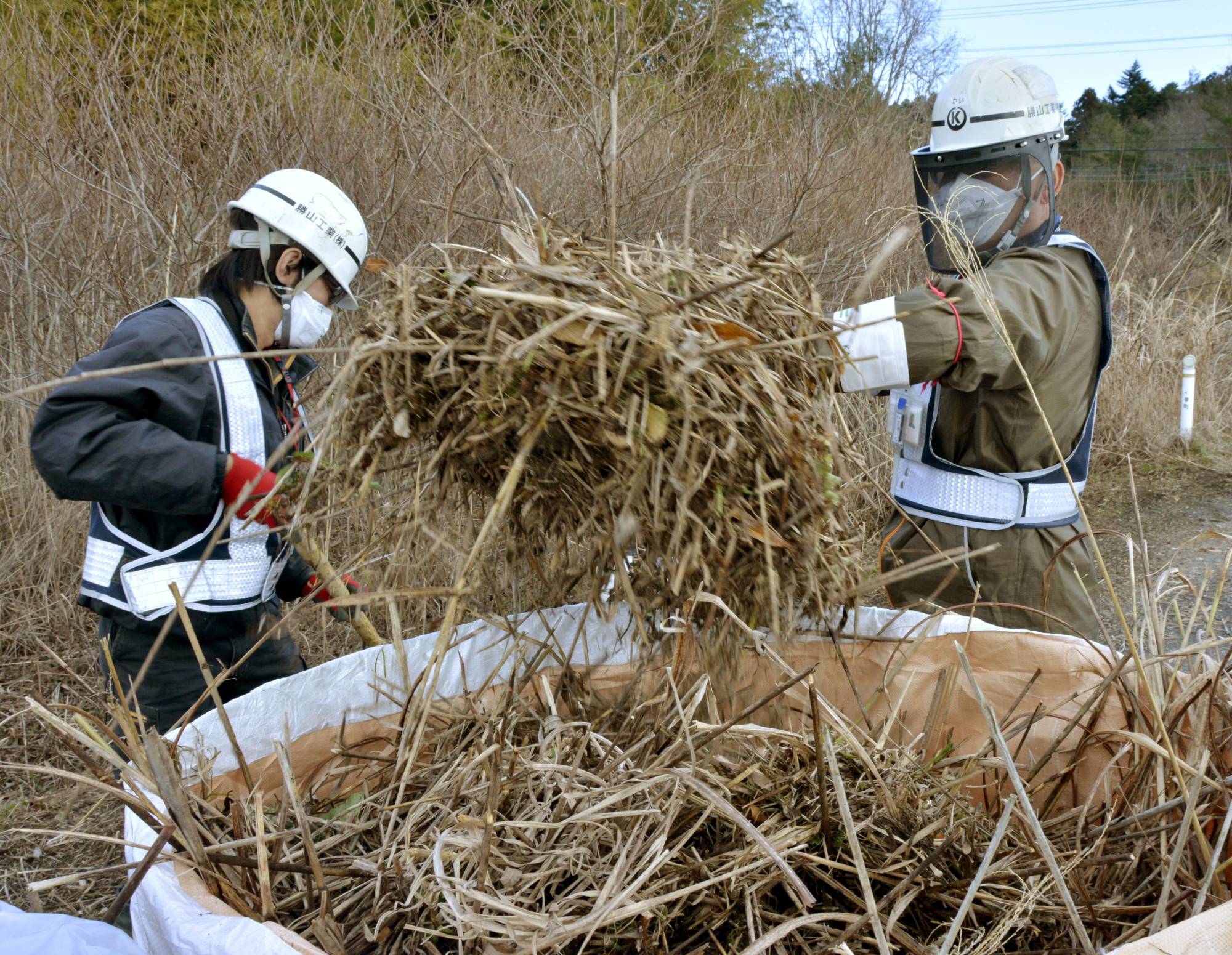Many of the print and broadcast features related to the 10th anniversary of the 2011 earthquake and tsunami addressed the current circumstances of the people affected, with a recurring theme of how difficult it has been to move on, especially for those who lost loved ones. Amid these stories was one that stood out like a rusty nail, since it covered a less sympathetic response to the crisis: greed.
A three-part series in the Asahi Shimbun focused on the city of Tamura in Fukushima Prefecture, in particular a highland district called Utsushi-chiku with about 1,850 residents, mainly farmers. Some fled after hydrogen explosions at the Fukushima No. 1 nuclear power plant on March 12, 2011, though they weren't ordered to since Utsushi-chiku was outside the mandatory evacuation zone. However, the government subsequently restricted the distribution of crops grown in the area, so agriculture stopped.
When local authorities recruited people for work to remove contaminated topsoil and reduce radiation from the explosion, many residents signed up since no skills or experience were needed. About 450 formed a special project team, supervised by local construction companies, that started doing cleanup work in November 2012. Each worker received a daily wage of ¥9,500, which was considered good pay. One woman worked between two and five days a week, 7½ hours a day. There was no work quota and, she reports, everyone enjoyed the neighborly camaraderie of toiling together.



